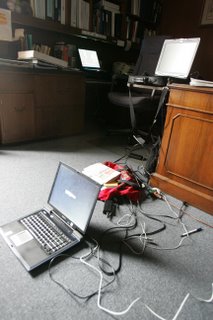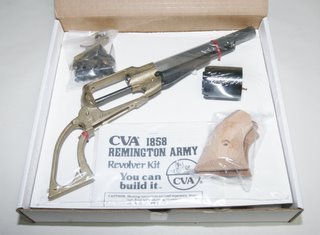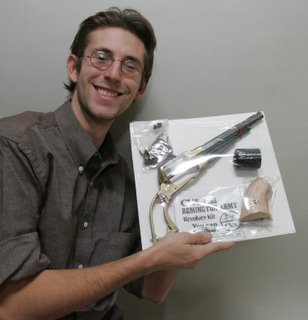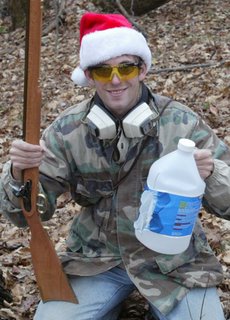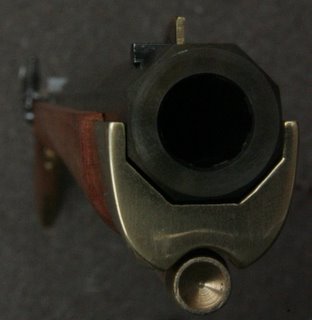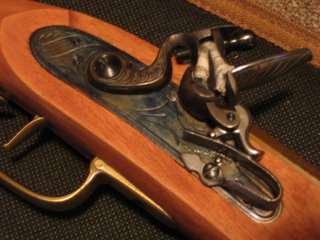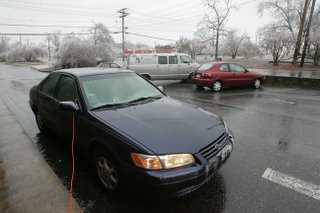
When I got to The Star Thursday morning we had power.
But we quickly lost it, necessitating some pretty crafty improvisations to get the paper out for Friday – getting the pieces in place to bring everything together. My hunk of it all was being a techie for the morning.
Without power we can’t run our press. But we have a sister paper in Gastonia with a generator. We moved Skip and our copy desk to Gastonia to lay out the pages with the material the rest of the newsroom sent them. Chad headed to Gastonia where he had the functioning computer and necessary programs to keep our website updated.
Back in Shelby, Jennie, Alan Jenkins and Joy were coordinating our efforts. Our writers could report with only their pencils and pads, and our photographers could take pictures with their battery-powered cameras, but getting their material into the paper required computers, electricity and the internet.
The photo department regularly winds up in tight spots where we’re scrambling to get an internet connection on deadline after a basketball game in Winston-Salem… trying to get power to cell phone in hurricane-ravaged Mississippi… and so we’ve got some equipment and tricks that can help out.
Ordinarily, we’ve got high speed internet at The Star.
But with the power out that’s dead.
We’ve got wireless internet.
Dead too.
The fancy phone system that could be hooked up with a dial up connection?
Dead.
We’ve got a little gizmo that’s supposed to let your computer talk to the internet through your cell phone.
And every time I need it it won’t work.
Fun, eh?
But then Jeff remembered that our fax system is on old-fashioned low-tech phone lines, a system I could hook into my trusty AOL account.
Just like we did in Laurel.
I love it when the old, 1800’s-tech telephone lines come through in the pinch after our fancy modernity has flopped. Having a family member working for a phone company, we honestly take a little pride in that.
And Jeff remembering how our phone system was organized saved a lot of hassle and really shows the value of long term experience.
He came in from shooting and was able to hook in with another dial-up system. At that point we could get a couple computers on the Internet. That’s wasn’t ideal, but folks could do their work on their new, battery-powered laptops, burn the files onto CD’s and then we could use the internet-connected computers to send the stuff t Gastonia.
But laptop batteries didn’t work as long as we did.
Being prepared to charge cameras, phones, computers and other gadgets far from wall outlets, the photo department had these neat little converters: you can plug one end into a car’s cigarette lighter and the other end has outlets that can power everything from a scanner to a small refrigerator.
I ducked out to my running car for a while to charge up my laptop, but as we got more computers working and were burning more power we needed a better option.
So Jeff and I ran extension cords from the building outdoors to our running cars, plugged in converters and computers and we were in business. It was a pretty ugly snarl of power cables, converters and idling cars, but it worked.
At one point we had two laptops and a cell phone running off my Camry.
Once we had our jury-rigged system up and running things were flowing and I have no idea who all did what. But I am sure it was a crazy, chaotic and successful team effort – employees checking on each other to be sure they were okay, folks bringing in food, we had people spending the night at the office….
Nobody could have done everything alone and all the piece had to come together very precisely to make it all happen.
And all this on a very, very short deadline – for photo it was noon.
